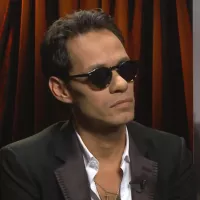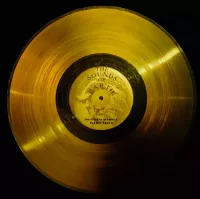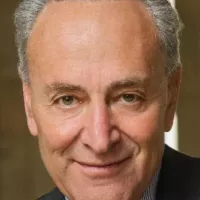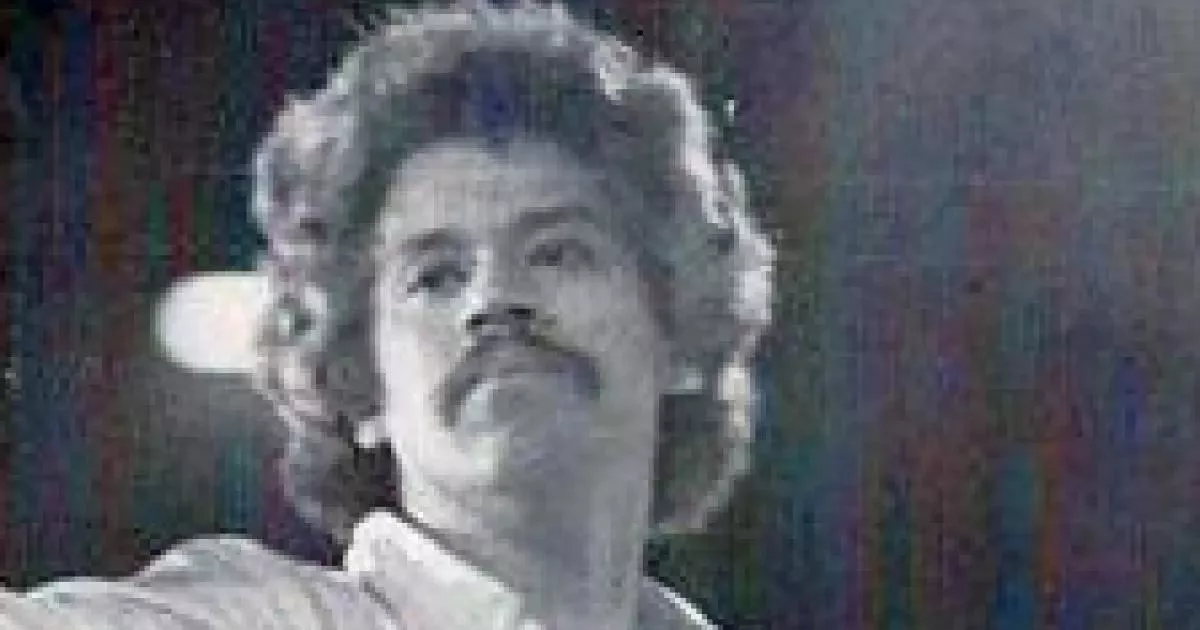"Juan Pablo Knipping Pacheco, better known as Johnny Pacheco, was a prominent Dominican musician who played a pivotal role in shaping the New York salsa scene during the 1960s and 1970s. As the founder and musical director of Fania Records, Pacheco's influence extended beyond his own performances as he nurtured the careers of countless salsa artists, cementing his legacy as a key figure in Latin music history."
March 1935: Birth of Johnny Pacheco and Musical Heritage
Johnny Pacheco was born in March 1935. His father, Rafael Azarías Pacheco, was a renowned musician and leader of the Orquesta Santa Cecilia, a prominent Dominican big band.
March 1935: Juan Pablo Knipping Pacheco was born
Juan Pablo Knipping Pacheco, professionally known as Johnny Pacheco, was born in March 1935.
1953: Pacheco begins his music career
Johnny Pacheco began his music career in 1953, playing percussion and singing with Gil Suárez's band.
October 1958: Pacheco meets Charlie Palmieri
In October 1958, Johnny Pacheco met pianist Charlie Palmieri and collaborated on a Latin jazz album.
1959: Eduardo Davidson originates a new musical style
Eduardo Davidson pioneered the uptempo merengue and cha-cha-cha hybrid style in 1959 that heavily influenced the pachanga.
1959: Pacheco joins La Duboney
Johnny Pacheco joined Charlie Palmieri's charanga La Duboney in 1959, playing the flute.
1960: Pacheco y Su Charanga is formed
Johnny Pacheco formed his own band, Pacheco Y Su Charanga, in 1960. Their debut album was a huge success, popularizing a new dance craze called the pachanga.
1960: Pacheco leaves La Duboney
Seeking greater creative control and a more commercially viable style, Johnny Pacheco left La Duboney in 1960 to form his own charanga band.
1960: Estrellas de Chocolate popularizes "Fanía"
The song "Fanía" by Reinaldo Bolaños, which inspired the name for Fania Records, was popularized in 1960 by the Cuban band Estrellas de Chocolate.
1961: Pacheco reunites with Charlie Palmieri
Johnny Pacheco reunited with Charlie Palmieri in 1961 for the Alegre All-Stars jam session and a collaborative album.
1961: Alegre All-Stars record a live jam session
The Alegre All-Stars, featuring Johnny Pacheco, recorded a live jam session in 1961, capturing the energy of Cuban-style descargas.
1962: Pacheco y Su Charanga makes history at the Apollo Theater
Pacheco Y Su Charanga achieved a historic milestone in 1962 by becoming the first Latin band to headline the Apollo Theater in New York City.
1963: Pacheco leaves Alegre Records
Due to financial difficulties at Alegre Records, Johnny Pacheco decided to leave the label in 1963.
1963: Fania Records is co-founded
Johnny Pacheco co-founded Fania Records with lawyer Jerry Masucci in 1963, marking a pivotal moment in the history of salsa music.
1963: Pacheco y Su Charanga returns to the Apollo Theater
Pacheco Y Su Charanga returned to headline at the Apollo Theater in 1963 due to their popularity.
1965: Pacheco releases three albums
Johnny Pacheco had a prolific year in 1965, releasing three albums, including two featuring Monguito el Único as lead vocalist.
1966: Viva África is released
In 1966, Johnny Pacheco, Monguito, and Chivirico Dávila recorded the album "Viva África," inspired by Pacheco's recent tour of the continent.
1966: Tico All-Stars record Live at the Village Gate
The Tico All-Stars recorded the live album "Live at the Village Gate" in 1966, showcasing Latin jazz talent.
1967: Pacheco collaborates with Pete "El Conde"
Johnny Pacheco collaborated with Pete "El Conde" in 1967 on the album "Sabor típico."
1968: Pacheco releases Latin Piper
Johnny Pacheco released "Latin Piper," an instrumental album showcasing his musical versatility, in 1968.
1968: Fania All-Stars release Live at the Red Garter
Johnny Pacheco's vision for a Fania Records supergroup came to fruition in 1968 with the release of "Live at the Red Garter," a successful live album featuring a stellar lineup of salsa musicians.
1970: Los compadres is released
Johnny Pacheco and Pete "El Conde" released their first collaborative album, "Los compadres," in 1970, marking the beginning of a successful partnership.
1971: Perfecta combinación is released
Johnny Pacheco and Pete "El Conde" released their second collaborative album, "Perfecta combinación," in 1971.
1971: Fania All-Stars record Live at the Cheetah
The Fania All-Stars, with a changing lineup, recorded their second live album, "Live at the Cheetah," in 1971, further solidifying their reputation as a dynamic ensemble.
1972: "Our Latin Thing" Documentary Release
In 1972, Johnny Pacheco worked on his first film, the documentary "Our Latin Thing," which explored the impact of salsa music on Latino culture in New York City.
1973: Tres de café y dos de azúcar is released
Continuing their collaboration, Johnny Pacheco and Pete "El Conde" released "Tres de café y dos de azúcar" in 1973.
1974: "Salsa" Film Release
Pacheco's second film, titled "Salsa," was released in 1974.
1974: Pacheco forms Pacheco y su Tumbao Añejo
With Héctor Casanova replacing Pete "El Conde," Johnny Pacheco formed Pacheco y su Tumbao Añejo in 1974.
1975: El maestro is released
Pacheco y su Tumbao Añejo released the album "El maestro" in 1975.
1977: El artista is released
Pacheco y su Tumbao Añejo released the album "El artista" in 1977.
1979: Los amigos is released
Johnny Pacheco and Héctor Casanova released the album "Los amigos" in 1979.
1980: Pacheco and El Conde begin reunion albums
Johnny Pacheco and Pete "El Conde" began recording reunion albums in 1980, reuniting their musical partnership.
1984: Pacheco marries Cuqui
Johnny Pacheco married his long-time girlfriend, Cuqui, in 1984.
1988: Performance at "Concierto Por La Vida"
Johnny Pacheco participated in the 1988 "Concierto Por La Vida" AIDS benefit concert at Avery Fisher Hall.
1989: Pacheco and El Conde conclude reunion albums
Johnny Pacheco and Pete "El Conde" concluded their series of reunion albums in 1989.
1992: "The Mambo Kings" Soundtrack Contribution
Several musical tracks that Pacheco arranged, produced, or performed were featured on the soundtrack of the 1992 Warner Brothers film "The Mambo Kings."
1993: ¡Sima! is released
Johnny Pacheco released his final studio album, "¡Sima!," in 1993.
1994: Establishment of Johnny Pacheco Scholarship Fund
Pacheco established the Johnny Pacheco Scholarship Fund in 1994 to support college students in the New York metropolitan area.
June 1996: Multiple Awards and Recognition
In June 1996, Johnny Pacheco received several honors including the prestigious Presidential Medal of Honor from Dominican Republic President Joaquín Balaguer, the Bobby Capó Lifetime Achievement Award from New York Governor George Pataki, the First International Dominican Artist Award at the Casandra Awards, and became the first Latin music producer to receive the National Academy of Recording Arts & Sciences (NARAS) Governor's Award.
1998: Induction into International Latin Music Hall of Fame
Johnny Pacheco was among the first group of artists inducted into the International Latin Music Hall of Fame (ILMHF) in 1998.
2002: ILMHF Lifetime Achievement Award
The International Latin Music Hall of Fame (ILMHF) bestowed the Lifetime Achievement Award upon Johnny Pacheco in 2002.
2004: ASCAP Silver Pen Award
In 2004, Johnny Pacheco was honored with the American Society of Composers, Authors and Publishers (ASCAP) Silver Pen Award.
June 2005: Star on Union City Walk of Fame
Union City, New Jersey honored Johnny Pacheco with a star on the Walk of Fame at Celia Cruz Park in June 2005.
2005: Pacheco receives Grammy Lifetime Achievement Award
In 2005, the Latin Recording Academy honored Johnny Pacheco with the Latin Grammy Lifetime Achievement Award.
2005: Latin Grammy Lifetime Achievement Award
The Latin Academy of Recording Arts & Sciences honored Johnny Pacheco with its Lifetime Achievement Award at the Latin Grammys in 2005.
2007: Portrayal in "El Cantante"
Nelson Vasquez portrayed Johnny Pacheco in the 2007 film "El Cantante," starring Marc Anthony and Jennifer Lopez.
March 2009: "El Soberano" Award
Johnny Pacheco received "El Soberano," the highest honor given by the Association of Art Columnists of the Dominican Republic, in March 2009.
August 2020: "Celia y Tito" Featured on "World of Dance"
In August 2020, Johnny Pacheco's composition "Celia y Tito," performed by Tito Puente and Celia Cruz, was featured in the fourth-season finale of the NBC television program "World of Dance," produced and judged by Jennifer Lopez.
February 2021: Johnny Pacheco dies
Johnny Pacheco passed away in February 2021.
February 2021: Death of Johnny Pacheco
Johnny Pacheco, a resident of Fort Lee, New Jersey, died at Holy Name Medical Center in Teaneck in February 2021, at the age of 85, due to complications from pneumonia.
Mentioned in this timeline

Jennifer Lopez or J Lo is a multifaceted American entertainer...

Marc Anthony Marco Antonio Mu iz is a highly successful...
The National Broadcasting Company NBC is a major American commercial...
The Dominican Republic is located on the eastern five-eighths of...

Music is a cultural universal involving the arrangement of sound...

Stars are luminous spheres of plasma bound by their own...
Trending

3 months ago Drake Maye and Wife Ann Michael Donate Wedding Gifts to Local Shelter

Darren Charles Waller is an American football tight end for the New York Giants He was drafted by the Baltimore...

Jon Gruden is an American football coach and media personality He began his NFL head coaching career with the Oakland...

57 minutes ago Joshua Dobbs Commends Drake Maye's Progress at Patriots Training Camp

58 minutes ago Breece Hall suffers injury during game, trade rumors emerge, fantasy football impact.

Justin Fields is an American professional football quarterback currently playing for the New York Jets in the NFL He initially...
Popular

Charlie Kirk is an American right-wing political activist entrepreneur and...

Candace Owens is an American political commentator and author known...

Paula White-Cain is a prominent American televangelist and key figure...

XXXTentacion born Jahseh Dwayne Ricardo Onfroy was a controversial yet...

William Franklin Graham III commonly known as Franklin Graham is...

Chuck Schumer is the senior United States Senator from New...
